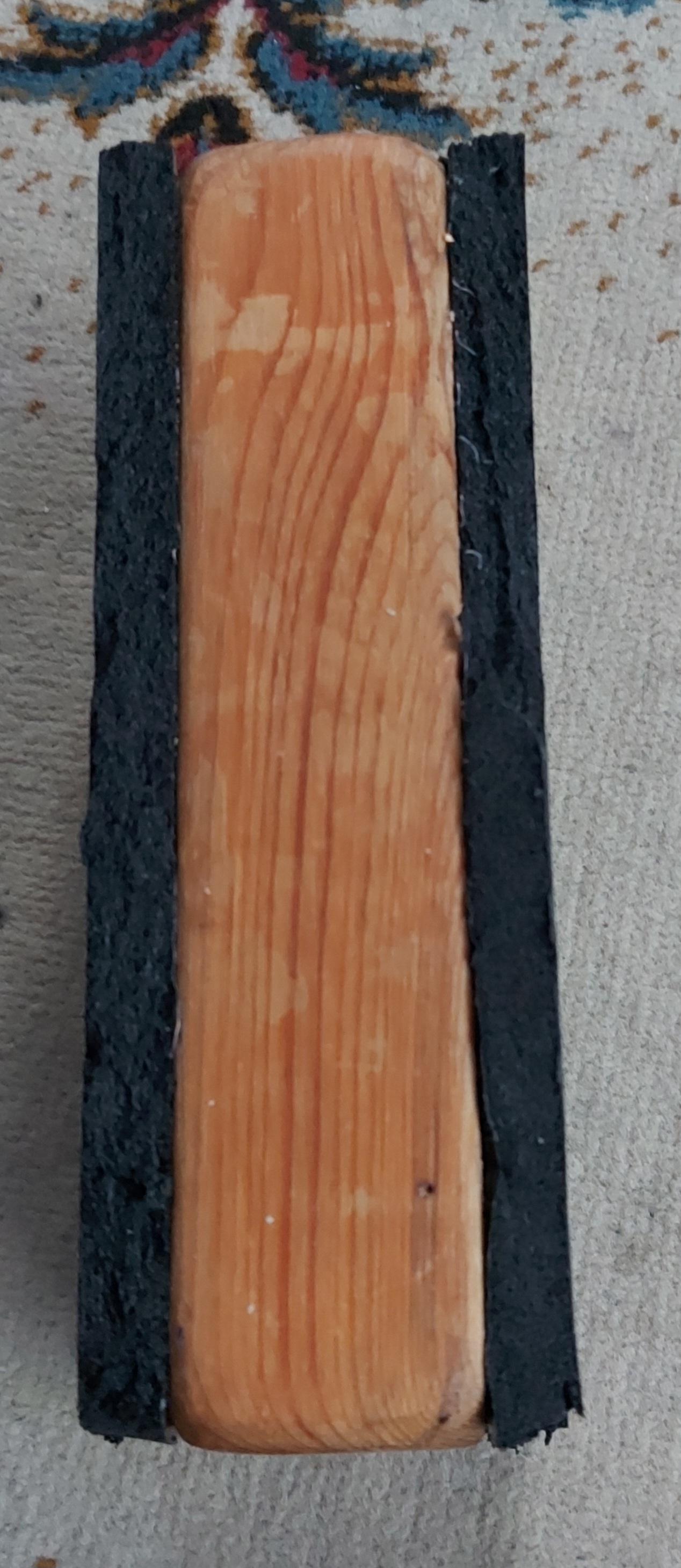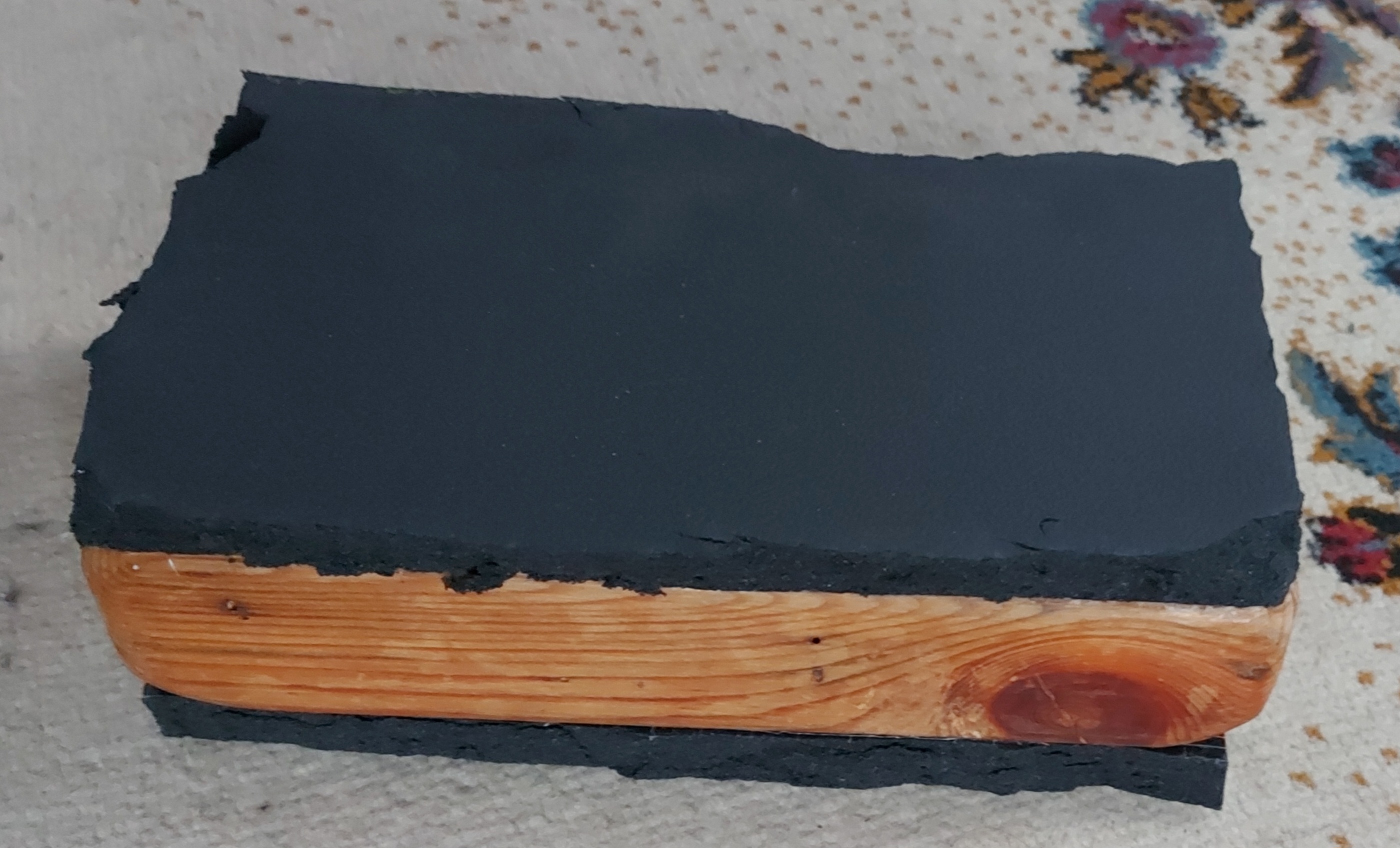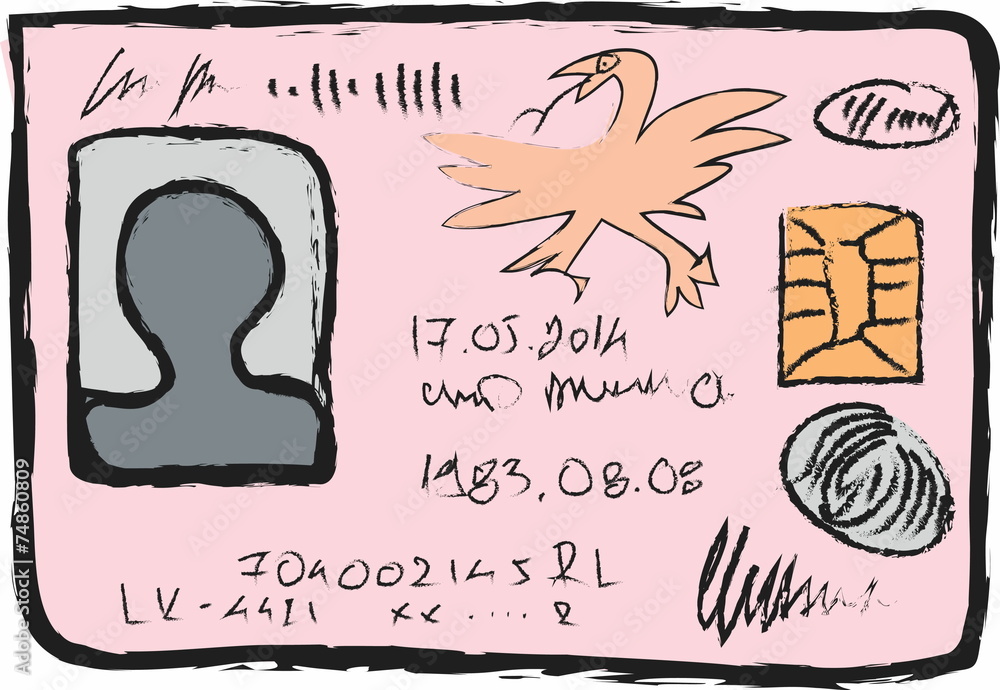Copying my rant here for when the hellsite eventually goes down.
So. I ran across a post on this here hellsite that claimed that Amita’s character is apparently ‘weak’ and ‘has no character development’. I’m not going to link that post, but I am going to talk about how that person is so wrong it is physically painful.
Now. Are there legitimate criticisms of the way Amita’s character is depicted? Absolutely. Can a lot of those issues be explained/contexualized by the fact that Numb3rs ran from 2005-2010, and culture has changed A WHOLE DAMN LOT in the intervening years? Also yes.
However. One thing. Amita Ramanujan is not is weak. Nor does her character have zero development, especially when you consider that N3 went off the air over fifteen years ago.
I’m going to deal with the two (imho) valid criticisms - the student/teacher thing and the Desi rep thing - first, then move on to the accusations of a lack of character development.
So the thing all y’all newbies have to understand. Numb3rs is a (relatively) old show. It started in 2005, when Les Moonves was still in charge at CBS, before #MeToo, before DADT was repealed, before Obama was elected to the White House, before we got even anywhere near the amount of representation we have today.
That is the environment in which Numb3rs decided to make Charlie’s student, the only other actress in the main cast, a Brown woman. Now, at the time, I don’t think they’d settled on whose love interest she was supposed to be, Don’s or Charlie’s.
But after s1? The Powers That Be at CBS wanted Charlie made more butch, more obviously straight, given the small but vocal contingent of Eppescest shippers. N3 didn’t have the money for another actress, and Diane Farr had already claimed Megan for Larry. Excellent decision on her part, but it left the show with a quandary: either pair Charlie up with his student, or fire Navi Rawat and write in a new love interest character.
They chose to keep Navi Rawat. They chose to keep the Brown woman, and make the geeky Brown girl the main character’s love interest. That didn’t happen back then.
Looking back from a 2026 lens, yeah, problematic as fuck. But Numb3rs, for all its fundamental kindness, for all its efforts to be as un-copaganda-like as it could, was still a network show in the late 2000s.
And in that context? A geeky brown girl love interest was revolutionary.
Now let’s move on to the second valid criticism: the Desi rep, and the fact that it’s complete and utter crap. Which is what happens when you hire a very Westernized Pakistani-German actress who was very divorced from her culture growing up to play a second generation Tamil Brahmin character who grew up in a city with one of the largest Little Indias in America, and nobody can be bothered to do any research, because all Indians speak Hindi and love naan and butter chicken, right?
How do I know the rep was bad? I’m literally from the same sub-community as Amita, with second-gen immigrant friends and cousins all over the US. If anyone wants, I’ll write up a detailed explanation of all the ways the show gets Tamil Brahmin American rep wrong. In the meantime, here are some fics with an
actually accurate Amita.
That said. The worst of the bad rep happened in s4, which was also the season of the writer’s strike. A hugely important and unfortunately necessary thing, but it did mean that the shows that season had less than stellar writing sometimes. Which does go some way to explain how goatfucking stupid the Desi rep was in s4.
Those major and valid criticisms aside, Numb3rs got a LOT right about Amita, including making her a strong, well-rounded (for the time) character with depth. Under the cut, for spoiler reasons.
I’m not sure where the original poster got the idea that Amita is weak or doesn’t have character development. Just because you don’t like a character, babe, doesn’t mean they’re badly written.






